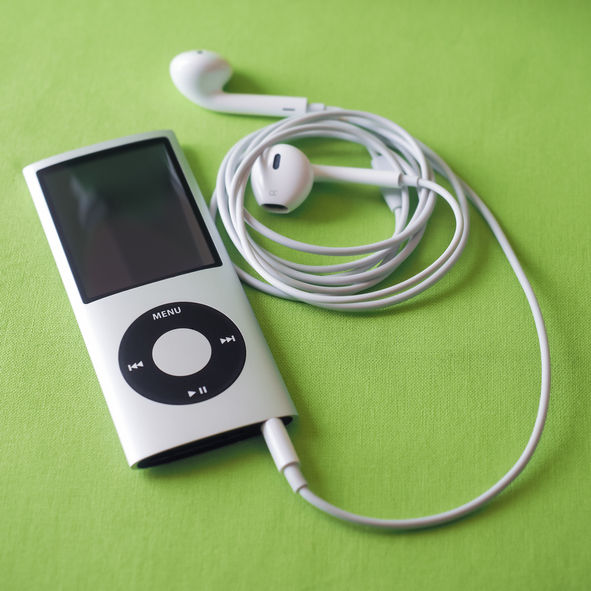How iTunes changed music listening forever

With the introduction of the iPod and iTunes, Apple created a new form of portable music.
June 11, 2019
Tech giant Apple announced June 3 it will be terminating its long standing music platform iTunes, which was first rolled out in 2001. The program and app will be separated into three different apps each for music, TV and podcasts. Apple didn’t give a definite time frame as to when this will happen.
As digital music fans mourn the passing of iTunes, a look back on the platform’s impact on the way music is accessed is in place.
Before iTunes was released, digital music was a confusing and oftentimes legal gray area. There wasn’t any kind of official store to purchase MP3s from, digital music was a chaotic and unorganized wild west. A milestone in digital music distribution was the introduction of Napster in 1999, a peer-to-peer file sharing site for MP3s. Napster gave online music fans a marketplace for finding individual songs for download. Listening to a song was a click, search and download away. Napster had around 70 million users at the peak of its popularity, according to a Sept 4, 2002 SF Gate article. The site’s dramatic rise in popularity gave way to a court order in 2001, preventing the sale of the bankrupt site to a German media conglomerate Bertelsmann AG.
The stage was set for iTunes to save the world from a digital music dark age. While the iTunes store wasn’t released until 2003, iTunes gave people a way to store digital files in a central and organized library. In 2003, the iTunes store opened and gave music fans a way to buy digital songs with a peace of mind. The introduction of the iPod also let users sync their libraries to the device without having to drag and drop files onto an MP3 player. Within its first week, iTunes sold a whopping one million downloads. The music industry would be forever changed.
One of the biggest changes from the CD era was the dismantling of the album, an industry standard of music consumption for the past five or so decades. iTunes let users buy any individual song from an album as opposed to buying the whole album for one or two favored songs. This change was hugely influential on the music industry at the time and for years to come. No longer did people have to shell out $15 for “Blind Melon” just to hear “No Rain,” instead users could pay $0.99 for the single and move onto other things.
iTunes revolutionized music for the internet age, playlists became the new album in terms of consumption format. Users could string together their favorite songs without having to change out a CD. Next time you put on your favorite Spotify playlist, thank iTunes for paving the way for ease of music listening.






